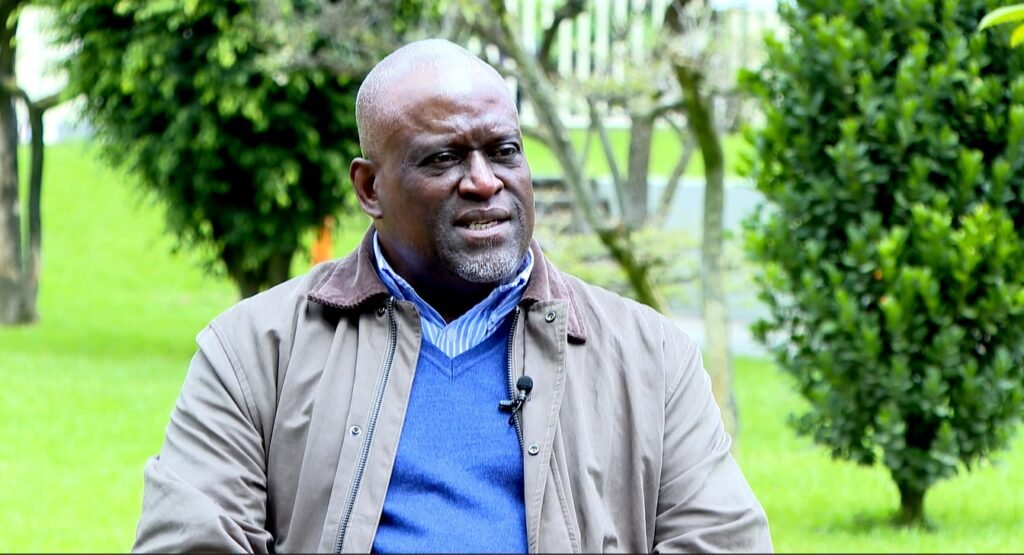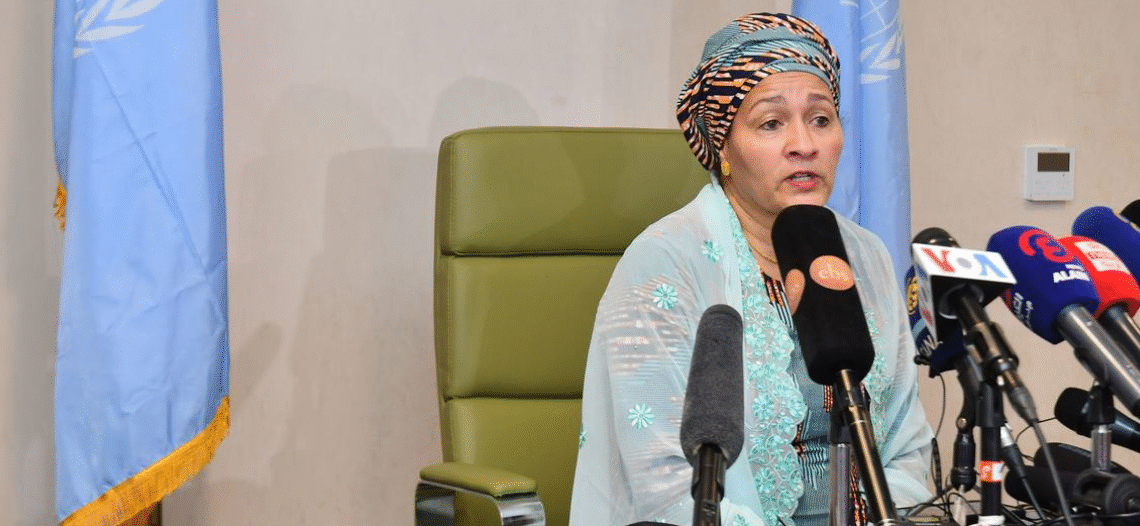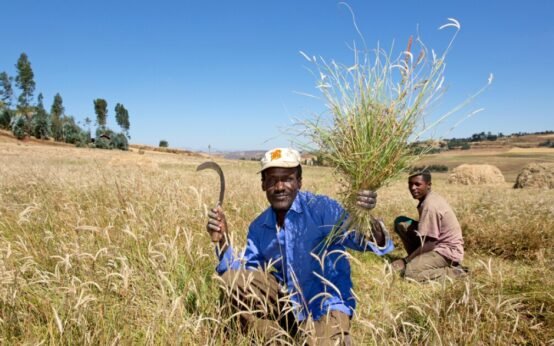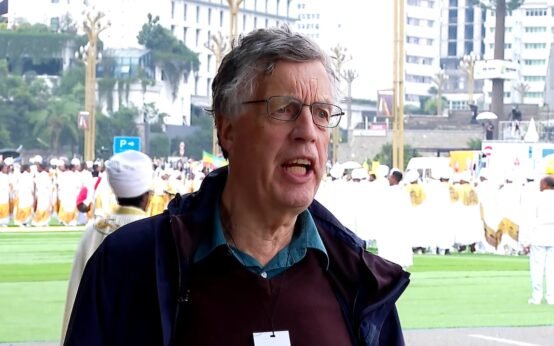African Climate Policy Center , part of the United Nations Economic Commission for Africa , is at the heart of helping African countries confront climate challenges. James Murombedzi, the center’s head, explained that ACPC is working closely with the African Union and the African Development Bank to coordinate the Africa Climate Initiative.
Ethiopia’s Green Legacy Initiative as a Symbol of Community-Led Climate Change Action
One of the most celebrated programs in Africa is Ethiopia’s Green Legacy Initiative. Launched in 2019 by Prime Minister Abiy Ahmed, the project has mobilized millions of citizens to plant more than 30 billion tree seedlings across the country.

Beyond planting trees, the program promotes environmental awareness and encourages collective responsibility for protecting the planet. By turning tree planting into a nationwide movement, Ethiopia has shown that climate action does not always need to start from global conferences it can grow from within local communities.
Climate Finance Challenges and Africa’s Struggle for Fair Support
While Ethiopia’s efforts have been praised, Murombedzi stressed that most African countries still face major financial hurdles. Africa contributes less than 5% of global carbon emissions but is among the hardest-hit regions by climate disasters such as droughts, floods, and cyclones.
Yet, climate financing directed to Africa remains far below what is needed. Most funds arrive as loans rather than grants, creating debt burdens for countries already struggling with limited resources. Despite this, some governments allocate up to 9% of their GDP to climate adaptation—showing strong commitment even when external funding falls short.
ACPC’s Role in Supporting Nationally Determined Contributions and Climate Strategies
The ACPC plays a critical role in translating international climate agreements into national policies. It helps countries design and implement Nationally Determined Contributions , which are commitments made under the Paris Agreement.

It also advances the Africa Climate Change and Resilient Development Strategy, turning policy commitments into real-world action. By linking scientific research with government planning, ACPC strengthens Africa’s ability to build resilience against climate risks.
Beyond reforestation, Ethiopia is also advancing its clean energy sector. The Grand Ethiopian Renaissance Dam , financed largely through domestic resources, has become a symbol of self-reliance and sustainability. The dam is expected to generate over 5,000 megawatts of electricity, supporting millions of homes and businesses.
African Unity in Building Climate Resilience with Homegrown Solutions
Murombedzi emphasized that Africa does not need to wait for solutions from the outside world. Countries across the continent can learn from Ethiopia’s success and design their own models of community-driven action. Programs such as the Great Green Wall in the Sahel, renewable energy expansion in Kenya, and coastal protection projects in Mozambique show that African nations are already innovating.
Global Recognition of Ethiopia’s Green Legacy as a Climate Action Model
International organizations, environmental experts, and global partners have begun to recognize Ethiopia’s Green Legacy as a model for others. It demonstrates that large-scale tree planting can fight desertification, improve biodiversity, and store carbon while also creating jobs and restoring farmlands.
As climate change intensifies, the need for urgent action grows. Ethiopia’s example proves that with political will, community mobilization, and local innovation, African nations can build stronger resilience. Murombedzi called on international partners to provide fair and adequate financing, while urging African countries to continue leading with homegrown solutions.


 Ethiopia Shift to Modern Farming Drives Agricultural Transformation, Says PMO
Ethiopia Shift to Modern Farming Drives Agricultural Transformation, Says PMO  Foreign Tourists Flock to Ethiopia’s Vibrant Meskel Festival
Foreign Tourists Flock to Ethiopia’s Vibrant Meskel Festival